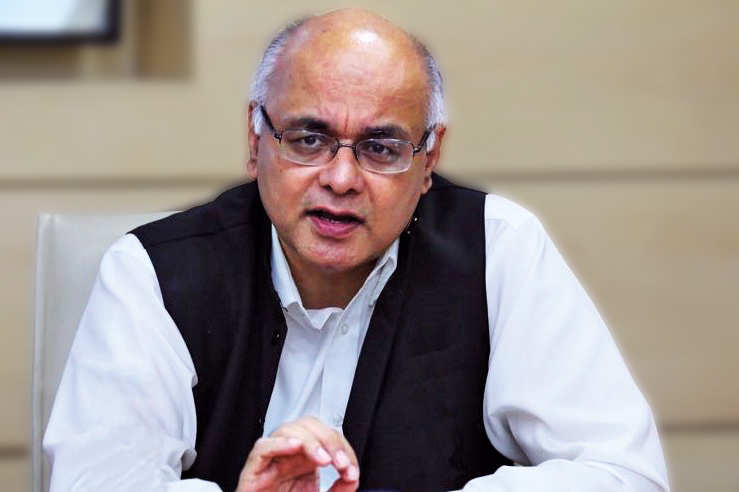India recently announced that in 2021 it will be rejoining the Programme for International Student Assessment (PISA), which tests performance of 15-year-old schoolchildren in mathematics, science and reading. India withdrew from this global measurement system administered by Organisation for Economic Cooperation and Development (OECD) in 2009. Junaid Ahmad, World Bank’s Country Director in India, spoke to Nalin Mehta on the importance of India rejoining this global ranking system and how the Bank will be working on this with the government:
Why is India rejoining the PISA ranking so important?
India choosing to benchmark itself on PISA, which measures learning outcomes rather than rote outcomes, signals that India is changing its systems of education to adapt to the future. It is a massive signal.
It says India wants to be measured globally to know it is adapting in the correct way. Given India’s size and its scale and the fact that it is becoming one of the top economies in the world, what it chooses to do is also a huge signal to the rest of the world.
India, of course, was part of PISA rankings earlier and the last time when India took part it was 72nd of 74 countries. What did it take for government to change its mind?
There was a feeling that the PISA test was not taking into account the differences of background, class, caste inside India. India felt that the system of examination was not fair to all of its citizens. Second, it did get bad results the first time around. It made India pause and ask if this was the right test for us.
The rethinking is because the education system is changing. It is a recognition by India that PISA now can actually help in improving the education system. For example, Vietnam chose to enter PISA and the diagnostic helped it to understand what was wrong with its system. Today, Vietnam’s PISA numbers are equivalent to Finland and the top nations in the world.
Today India as a nation is aiming for that global benchmark, so it has no issue with taking on a test like PISA. It is a reflection of India’s own strength.
How will the concerns about taking enough cognisance of India’s diversity be met now?
The fact that it is seen as a capacity enhancement rather than a test per se helps India deal with it. India is using PISA as one more instrument of evaluation. It has already begun to change its National Achievement Survey. NAS is beginning to be more about testing competency learning.
By way of a parallel, there is ease of doing business which is a global test. India has participated in that and done well but India also created its own sub-national ease of doing business ranking of its states. NAS is India’s own survey to assess its education systems and it is complemented by PISA.
Till 2021, what is the kind of work that will happen in schools?
We have been asked by the government to support the skills programme and help to set up the process by which PISA will be implemented. I can’t tell you the details right now because we are just in the middle of saying how many states PISA will be done in, in what type of schools, and the initial schools where capacity building on teachers will be done. World Bank is helping India actually write out the implementation plan with OECD.
Since the last PISA ranking of 2009, which Indian states have improved most on education?
Purely from the point of view of student learning levels in language and mathematics, the NAS 2017 conducted by the National Council of Educational Research and Training (NCERT) suggests that Rajasthan, Karnataka, Andhra Pradesh, Kerala, Chandigarh, Assam, Jharkhand, Gujarat, Uttarakhand, Maharashtra, Manipur and Himachal Pradesh are performing close to or above the national average.
Tell us about the new move by World Bank with Small Industries Development Bank of India (SIDBI) and wealth managers to launch new social impact bonds for rural women entrepreneurs?
We went to wealth managers and found a group of individuals in the market who want only a basic 3-4% rate of return if you prove that their money is going to give huge returns on development outcomes. We pulled together a first pilot of this where SIDBI will float women’s livelihood bonds. There are 7-10 wealth managers who will put in Rs 300 crore into these bonds at 3.4% interest rate. This means that SIDBI, on lending to banks, would be able to deliver to small and medium enterprises at 10-11% interest rate. Today, women self-help groups get money at 19-20% interest rate. This means you are going to see small and medium enterprises of women coming in to the market. The fact that markets can provide this resource is quite historic.


